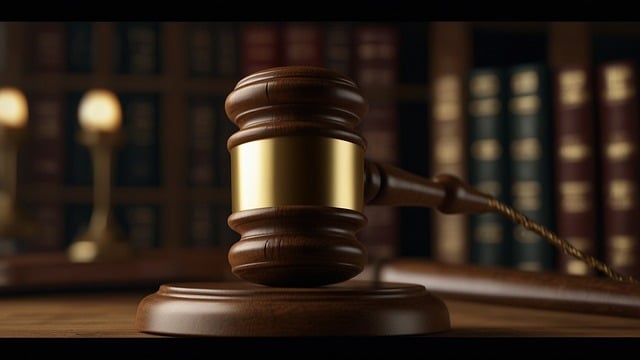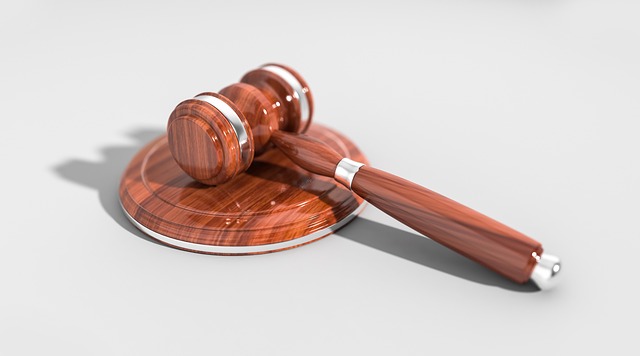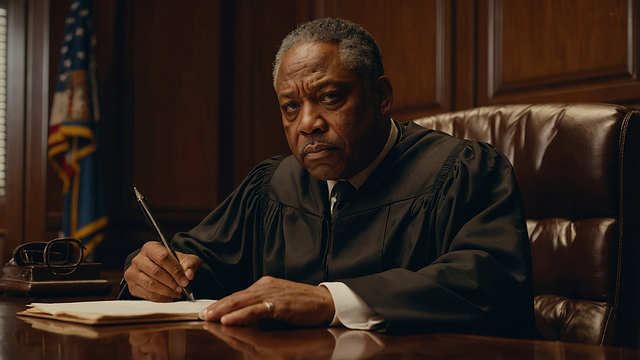Criminal law enforcement agencies play a pivotal role in maintaining public safety by investigating and prosecuting crimes, with a particular focus on healthcare regulatory litigation. This process involves navigating complex legal frameworks within the healthcare sector to tackle white-collar and economic crimes, such as billing fraud and drug price-fixing. The Understanding Healthcare Regulatory Litigation Process requires meticulous analysis of allegations, evidence, and regulatory documents to avoid indictment and achieve favorable outcomes, including defense verdicts. Effective defenses in this high-stakes landscape demand a blend of legal strategy and medical expertise, ensuring compliance, patient welfare, and corporate interests are balanced.
Criminal law enforcement agencies play a pivotal role in safeguarding communities, investigating crimes, and ensuring justice. This article delves into the intricate world of healthcare regulatory litigation, offering a comprehensive overview for practitioners. We explore key aspects, from the role of agencies in overseeing medical practices to the complex steps involved in legal disputes. Understanding Healthcare Regulatory Litigation Process is essential for navigating these challenges, providing insights into strategies, defenses, and potential impacts, especially in an era of evolving healthcare regulations.
- The Role of Criminal Law Enforcement Agencies
- Understanding Healthcare Regulatory Litigation: A Comprehensive Overview
- Key Steps in the Litigation Process
- Legal Strategies and Defenses in Healthcare Cases
- Impact and Challenges in Healthcare Regulatory Litigation
The Role of Criminal Law Enforcement Agencies
Criminal law enforcement agencies play a pivotal role in maintaining societal order and ensuring public safety. These agencies are responsible for investigating crimes, apprehending perpetrators, and presenting cases for prosecution. Their work involves a complex interplay of law enforcement strategies, forensic science, and legal procedures. Understanding the healthcare regulatory litigation process is particularly crucial as it often intersects with criminal defense, especially in cases involving medical malpractice or healthcare fraud.
An unprecedented track record of achieving extraordinary results in general criminal defense can be attributed to these agencies’ adept navigation of the legal system. Their expertise lies in gathering evidence, conducting interviews, and interpreting laws to build compelling cases. Furthermore, they collaborate closely with prosecutors to secure just outcomes for victims while upholding the integrity of the justice system. This multifaceted approach ensures that crimes are not only punished but also serve as deterrents for potential offenders.
Understanding Healthcare Regulatory Litigation: A Comprehensive Overview
Understanding Healthcare Regulatory Litigation is a critical aspect of modern criminal law enforcement, especially when addressing complex white-collar and economic crimes. This type of litigation involves navigating intricate legal frameworks and regulations within the healthcare sector, ensuring compliance and accountability for various stakeholders. The process encompasses all stages of the investigative and enforcement process, from initial complaints to trial and appeals, with a focus on upholding ethical standards in healthcare delivery.
Regulatory lawsuits target entities like hospitals, pharmaceutical companies, and insurance providers who may have engaged in fraudulent activities such as billing fraud, drug price-fixing, or anti-competitive practices. By delving into the specific allegations, legal experts uncover the intricacies of these cases, which often require an extensive examination of financial records, medical data, and corporate policies. This comprehensive approach ensures that justice is served, fostering a culture of integrity within the healthcare industry across the country.
Key Steps in the Litigation Process
The Healthcare Regulatory Litigation Process is a complex series of steps that require meticulous navigation. It begins with understanding the allegations and gathering evidence to formulate an effective defense strategy. This phase involves scrutinizing regulatory documents, medical records, and expert opinions to identify any violations or misunderstandings that led to the litigation.
As the process unfolds, legal teams engage in pretrial activities such as depositions, motion practice, and discovery. These steps are crucial for uncovering key facts and strengthening defenses. The goal is not only to avoid indictment but also to present a compelling case that challenges the allegations and achieves favorable outcomes, including winning challenging defense verdicts. This requires a deep understanding of healthcare regulations and legal precedents specific to these cases, contributing to an unprecedented track record in successful litigation.
Legal Strategies and Defenses in Healthcare Cases
In the complex landscape of healthcare regulatory litigation, understanding legal strategies and defenses is paramount. This becomes especially critical in high-stakes cases where the stakes are high for both plaintiffs and defendants, including prominent figures from the philanthropic and political communities. Navigating this intricate process requires a deep knowledge of not just the law but also the ever-evolving tapestry of healthcare regulations.
Effective legal strategies often involve a nuanced approach, tailored to the specific circumstances of each case. Defenses can range from challenging the validity of regulatory actions to presenting compelling evidence that mitigates liability. For his clients, securing favorable outcomes in healthcare litigation demands a strategic blend of technical expertise and an empathetic understanding of the unique pressures faced by individuals and organizations within this dynamic sector.
Impact and Challenges in Healthcare Regulatory Litigation
Healthcare Regulatory Litigation presents a complex landscape for legal professionals, demanding a profound understanding of the intricate process involved. This type of litigation involves navigating stringent regulations and standards set by governing bodies to ensure the safety and quality of healthcare services. When corporate and individual clients are at stake, the challenges multiply. Every aspect, from compliance to evidence presentation, must adhere to precise guidelines, making it crucial for legal experts to possess a deep knowledge of both the medical and legal domains.
The impact of successful Healthcare Regulatory Litigation can be transformative, establishing an unprecedented track record of protection for patients and upholding the integrity of healthcare providers. However, the complexities inherent in this field require strategic planning and meticulous execution. Lawyers must not only interpret complex regulations but also defend their clients’ respective business interests while ensuring adherence to these stringent standards, making it a delicate balance between advocacy and regulatory compliance.
The intricate landscape of healthcare regulatory litigation demands a nuanced understanding, as demonstrated throughout this article. By exploring key aspects such as the role of agencies, litigation processes, legal strategies, and challenges, we’ve provided valuable insights into the complex world of criminal law enforcement within healthcare. Mastering the Understanding Healthcare Regulatory Litigation Process is essential for navigating this dynamic field effectively.






